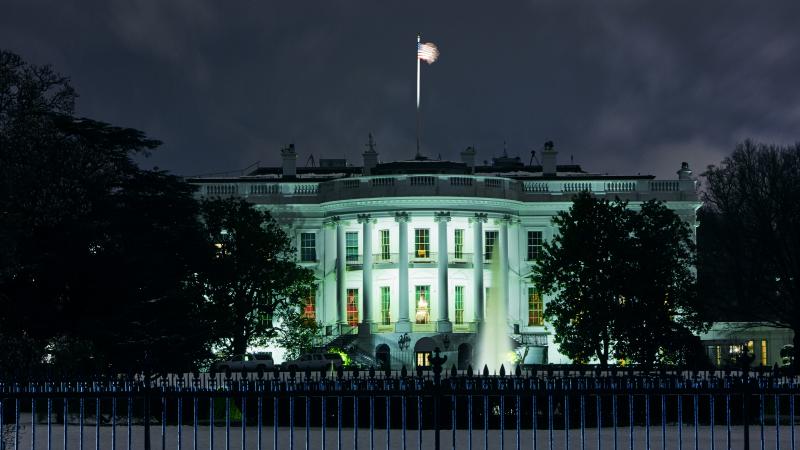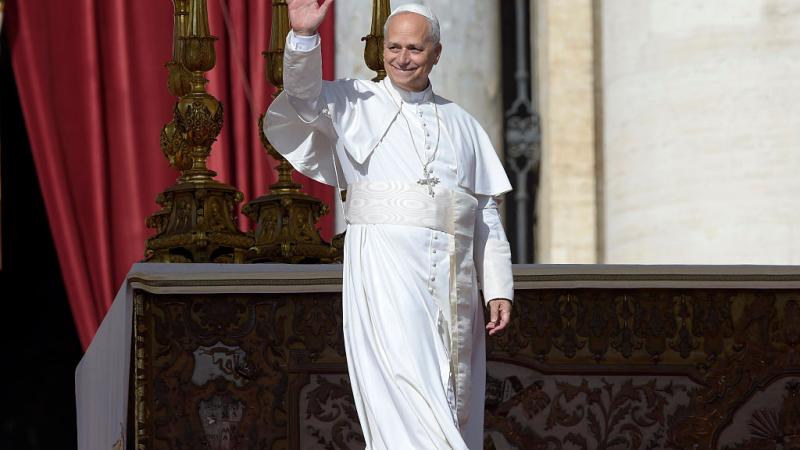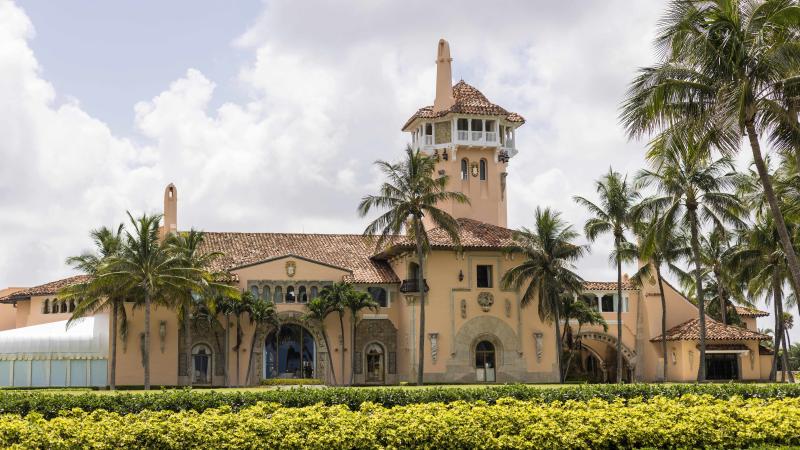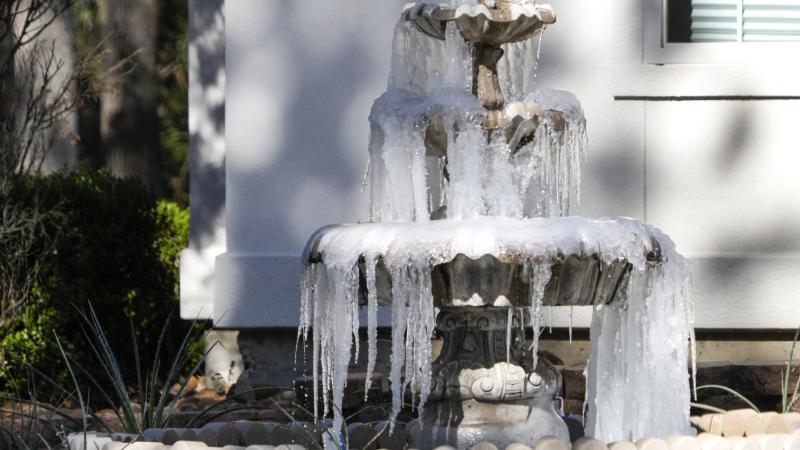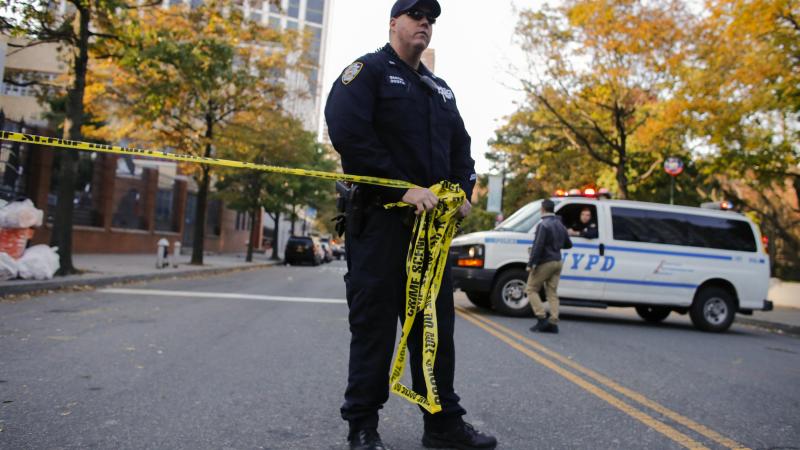Judge strikes down Minnesota ban on conservative religious colleges in reimbursement program
State Department of Education tried to change law to ban "faith statements" for four years, then Legislature doomed it by failing to add severability clause, Trump nominee says. Christian colleges obviously not state actors, she says.
Minnesota has incentivized high school students for four decades to enroll in post-secondary courses, paying for their tuition and textbooks at public and private colleges.
But the Land of 10,000 Lakes may have to sink the entire "postsecondary enrollment option" (PSEO) and start over based on its micromanagement of which religious colleges are eligible.
U.S. District Judge Nancy Brasel, nominated by President Donald Trump, issued a stunning rebuke to the Minnesota Department of Education by striking down the whole 2023 law that bans colleges from the program if they require students to submit "faith statements" or follow lifestyle expectations on sexuality and gender identity.
She issued summary judgment in favor of Crown College and the University of Northwestern St. Paul, which together received about $39 million in PSEO payments in the six years before the law, and parents Melinda and Mark Loe and Dawn Erickson, who seek to use PSEO for their children "at religious schools of their choosing," while rejecting the state's counterclaims.
"The Faith Statement Ban is unconstitutional under the Free Exercise Clause of the United States Constitution and the Freedom of Conscience Clause of the Minnesota Constitution," and it's "inseverable" from the nondiscrimination clause, which may yet be constitutional if it weren't "essentially and inseparably connected" to the faith statement ban, Brasel ruled.
The judge questioned why the state didn't adopt "an obvious alternative that is less restrictive on Plaintiffs’ free exercise of religion" by limiting the program to public colleges, which would be "narrowly tailored" to achieving its compelling "interest in nondiscrimination in admissions to publicly‐funded PSEO offerings," as the state itself conceded.
MDE said the point of the law was "equalizing" but not "maximizing access" to PSEO offerings, so excluding private colleges wouldn't harm its own stated interests, she said, all but giving state lawmakers a roadmap to rewriting the law.
It's the second big win for religious colleges against Democrat-led agendas this month, with the Trump administration giving up its predecessor's multipronged crusade against Grand Canyon University.
Legislature rejected option that might be constitutional
The Minnesota Legislature, which MDE lobbied for four years to add the eligibility restrictions, omitted a severability clause, thus opening the door for Brasel to analyze whether the PSEO revision qualifies for an exception to the presumption of severability in Minnesota law.
While neither party raised severability until the judge sought supplemental briefing, Brasel said the colleges and parents did not waive the argument because they "consistently argued that the statute is unconstitutional in full and that it was conceived as a unified whole," which she accepted based on "strong evidence of legislative intent."
Over four legislative sessions, MDE repeatedly singled out faith statements and its top lobbyist helped kill a competing "proposal to include only broad nondiscrimination language," Brasel said. It did so again in pressing Gov. Tim Walz (D) to sign the omnibus education bill that included the new restrictions.
The nondiscrimination requirement thus "worked in tandem" with the faith statement ban "to achieve the statute’s principal purpose—ending PSEO admissions practices requiring student applicants to attest to specific tenets of faith, including as to their religious beliefs, sexual orientation, and gender identity," the judge said.
By ruling the colleges are exempt from the Minnesota Human Rights Act, Brasel got ahead of a parallel case on MHRA secular exemptions at the Minnesota Supreme Court, which heard oral argument last year on a private athletic association limiting women's competition to females. (The transgender challenger's lawyers at Gender Justice intervened in Brasel's case.)
The Loes used PSEO for their older children at the two colleges and had planned the same for their younger children, their lawyers at religious liberty law firm Becket said. "This ruling is a win for families who won’t be strong-armed into abandoning their beliefs, and a sharp warning to politicians who target them," senior counsel Diana Thomson said.
MDE did not respond to Just the News queries. The ruling won't change the status quo because Attorney General Keith Ellison agreed not to enforce the law while the case proceeds.
It was Ellison's pushback on MDE's attempts to compel the Christian colleges to ditch their faith statements, in response to numerous complaints, that led the department to lobby for a legislative change, according to Brasel's summary.
Nothing like charter schools, not state actors
The department barely challenged the colleges' legal standing to sue, the judge said, only claiming they hadn't shown evidence "even suggesting" their beliefs or practices would be harmed by "admitting PSEO students who are not Christian, straight, and cisgender."
MDE missed the point of the "alleged constitutional injury," that "eligibility for an otherwise available public benefit is unconstitutionally conditioned" on the colleges' religious exercise, ignoring copious Supreme Court precedents as recently as 2022's ruling against Maine's exclusion of too-religious schools from its "town tuitioning" program, Brasel said.
While MDE claimed the schools' admissions practices are themselves unconstitutional, Brasel ruled they are not "state actors" when they administer PSEO and that Minnesota's decision to pay schools directly instead of giving families tuition to use at the school of their choice is "a distinction without a difference."
Since 1955, the state has let taxpayers deduct "actual expenses incurred, including tuition, in providing for the education of their children at public and nonpublic schools," an arrangement held not to create "excessive government entanglement with religion" even before the Supreme Court expanded religious freedom in a 2022 ruling, she said.
The colleges were "privately established as religious institutions in 1902 and 1916" and, unlike charter schools, would "continue functioning with the same courses for all students not enrolled through PSEO" if the Legislature abolished the program, Brasel said.
MDE's total involvement in the program is reviewing course descriptions and regulating offerings "to ensure they are eligible for dual‐credits and are nonsectarian," she said. It will only reject reimbursement "if the course is sectarian or there are inconsistencies with reporting," with "no other curricular, grading, or teaching requirements on PSEO courses."
The state made it a little further on its MHRA claims, with Brasel ruling it has "a quasi‐sovereign interest" in protecting students against PSEO admissions discrimination based on sexual orientation and gender identity, and it has standing to sue as "aggrieved."
But she suggested MDE didn't closely read the law, given that the two colleges plainly qualify for its exemptions for "religious or denominational institution[s]" and "limit[ing] admission or giv[ing] preference to applicants of the same religion" through their requisite faith statement.
She noted the state "effectively concedes" that the colleges "would admit an otherwise‐eligible LGBTQ+ PSEO applicant, as long as they attested to the faith statements," and emphasized MDE only challenged their admissions practices, not any "adverse action" the schools might take against already admitted gay or transgender PSEO students.
The Facts Inside Our Reporter's Notebook
Links
- "postsecondary enrollment option"
- micromanagement of which religious colleges are eligible
- whole 2023 law
- She issued summary judgment
- Trump administration giving up
- parallel case on MHRA secular exemptions
- heard oral argument last year
- limiting women's competition to females
- senior counsel Diana Thomson said
- 2022's ruling against Maine's exclusion
- Supreme Court expanded religious freedom in 2022's Kennedy
